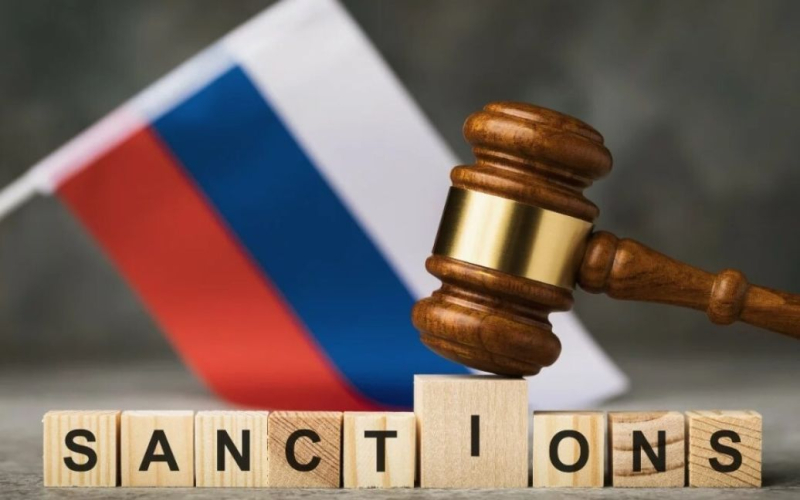
The proposed approach will not allow one country, such as Hungary, to block the extension of the freeze for a long period.
Most countries of the European Union and the European Commission support the proposal to freeze Russian assets for three years instead of six months.
Politico writes about this.
Brussels is also considering the option of freezing Russian assets for five years at once and conducting an analysis of the corresponding decision annually. At the same time, this should be done by majority vote, not unanimously.
This approach will not allow one country, such as Hungary, to block a long-term extension of the freeze.
A $50 billion loan to Ukraine from the G7 and the EU
Since the start of the full-scale invasion of Ukraine, assets of the Bank of Russia worth about 260 billion euros have been blocked abroad, more than two-thirds of which are frozen in the EU.
The Belgian company Euroclear holds about 191 billion euros belonging to the Russian Central Bank, which earned about €4.4 billion on them in 2023, the Financial Times writes, citing a Euroclear financial report.
In July 2024, the leaders of the G7 and the EU agreed to use interest from frozen Russian assets to allocate $50 billion to Ukraine.
Related topics:
More news

